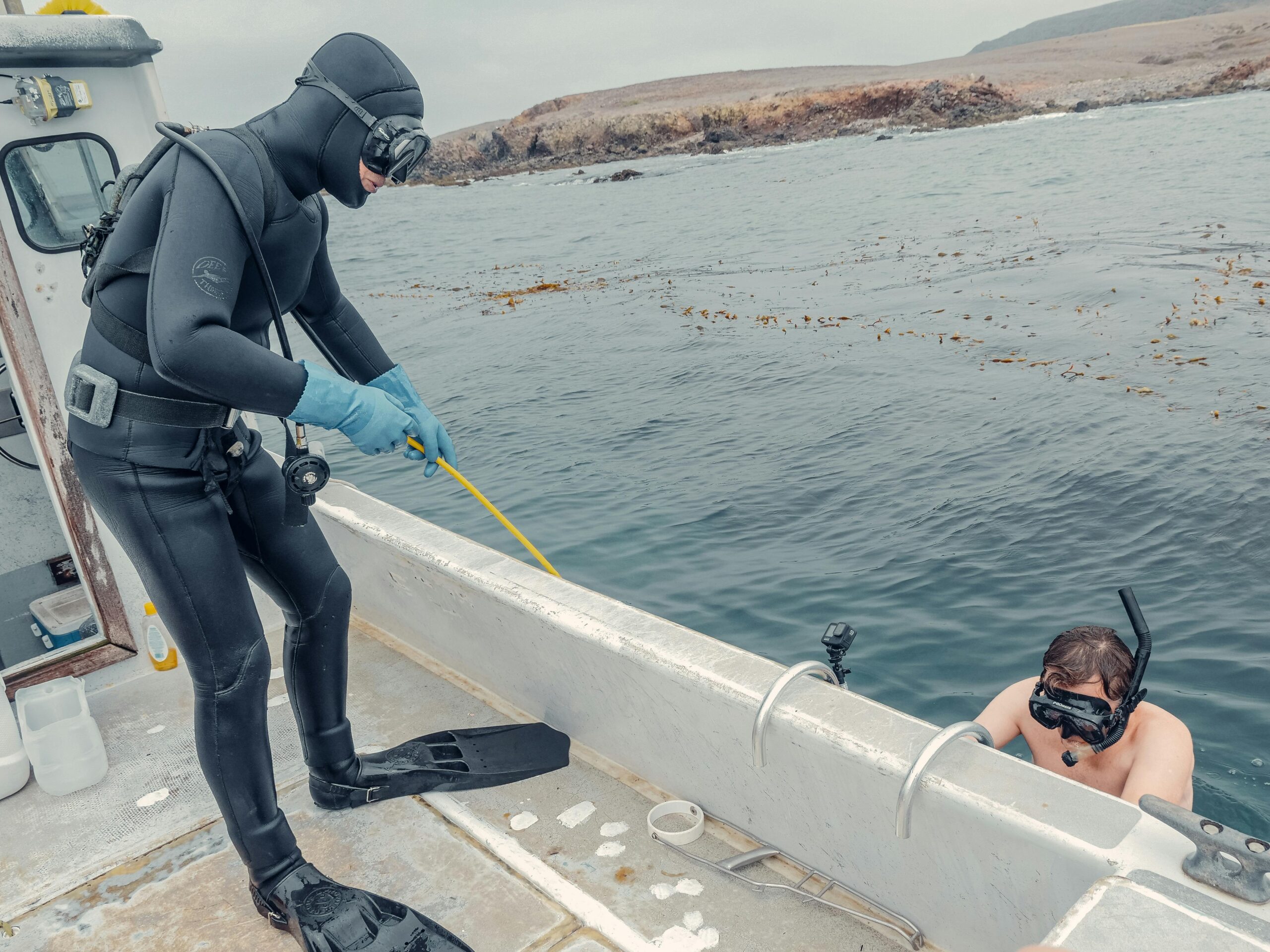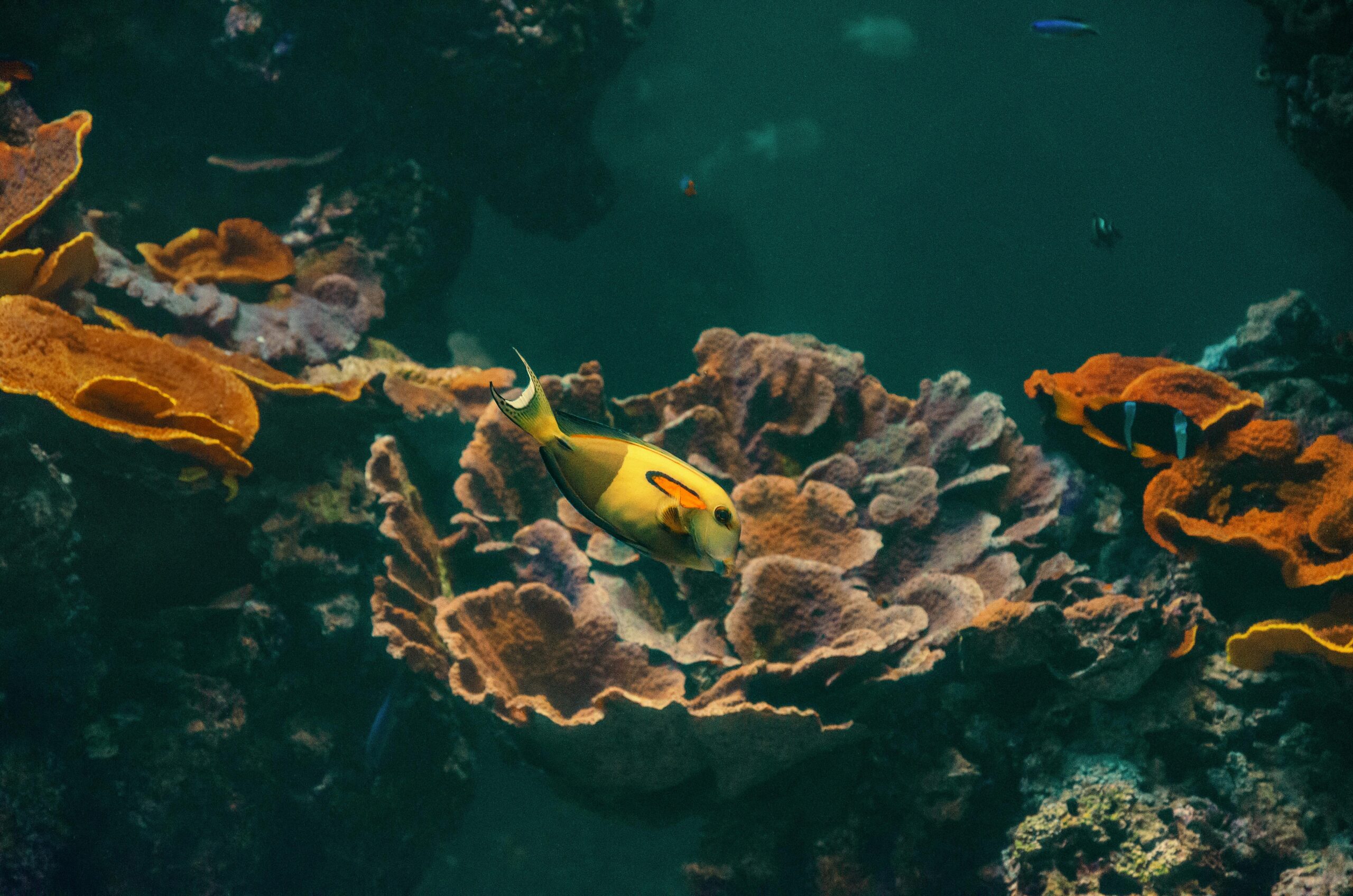Our oceans face unprecedented challenges, from plastic pollution to acidification. Marine environmental policy reform has become critical to ensuring the health and sustainability of ocean ecosystems worldwide.
🌊 The Current State of Our Ocean Ecosystems
The world’s oceans cover more than 70 percent of Earth’s surface and provide essential services to humanity, including food security, climate regulation, and economic opportunities. However, decades of inadequate regulation and enforcement have led to severe degradation of marine environments. Overfishing, habitat destruction, chemical runoff, and unprecedented levels of plastic waste have created a crisis that demands immediate and comprehensive policy intervention.
Recent scientific assessments reveal alarming trends in ocean health. Coral reefs, which support approximately 25 percent of all marine species, have experienced massive bleaching events due to rising ocean temperatures. Dead zones caused by nutrient pollution have expanded across coastal waters, suffocating marine life and disrupting traditional fishing grounds. The accumulation of microplastics in marine food chains poses unknown risks to both ocean wildlife and human health.
Marine biodiversity is declining at rates comparable to terrestrial ecosystems, with many species facing extinction due to human activities. Fish stocks worldwide have been depleted to critical levels, threatening food security for billions of people who depend on seafood as their primary protein source. The economic implications are staggering, with losses in tourism, fisheries, and ecosystem services estimated in the hundreds of billions of dollars annually.
Understanding the Gap in Current Marine Policies
Existing marine environmental policies suffer from fundamental weaknesses that undermine their effectiveness. Fragmentation remains one of the most significant challenges, with multiple agencies and jurisdictions operating under different mandates and priorities. This patchwork approach creates regulatory gaps that allow harmful activities to continue unchecked.
International cooperation on ocean governance has proven difficult despite the transboundary nature of marine ecosystems. While agreements like the United Nations Convention on the Law of the Sea provide a framework, enforcement mechanisms remain weak and inconsistent. Many nations lack the resources or political will to implement stringent environmental protections, particularly when economic interests conflict with conservation goals.
Monitoring and enforcement capabilities fall far short of what is needed to protect vast ocean territories. Illegal fishing operations continue to plunder marine resources with minimal risk of detection or punishment. Pollution discharge violations often go unnoticed or unpunished, particularly in areas beyond national jurisdiction. The absence of real-time monitoring systems and adequate patrol vessels allows destructive practices to persist.
The Influence of Economic Pressures on Policy Decisions
Economic considerations frequently override environmental concerns in policy debates. Industries dependent on ocean resources often wield significant political influence, lobbying against regulations that might impact their profitability. Short-term economic gains are prioritized over long-term sustainability, creating a destructive cycle that depletes natural capital faster than it can regenerate.
Subsidies for fishing fleets encourage overcapacity and unsustainable harvesting practices. Government support for offshore fossil fuel exploration conflicts with commitments to reduce greenhouse gas emissions and protect marine habitats. Coastal development projects proceed with minimal environmental review, destroying critical nursery habitats for commercial fish species.
🔄 Innovative Approaches to Marine Policy Reform
Transforming marine environmental policy requires bold, evidence-based approaches that address systemic failures. Integrated ocean management represents a paradigm shift from sector-specific regulations to comprehensive ecosystem-based governance. This approach recognizes the interconnected nature of marine systems and coordinates activities across multiple sectors to minimize cumulative impacts.
Marine spatial planning has emerged as a powerful tool for balancing competing uses of ocean space. By mapping important ecological areas, shipping lanes, fishing grounds, and development zones, policymakers can make informed decisions that reduce conflicts and protect sensitive habitats. Countries like Norway, Australia, and Germany have successfully implemented marine spatial plans that guide sustainable ocean development.
Expanding marine protected areas remains a critical strategy for conservation. Scientific consensus supports protecting at least 30 percent of ocean areas by 2030 to safeguard biodiversity and allow depleted populations to recover. However, protected areas must be properly designed, adequately funded, and effectively enforced to deliver conservation benefits. No-take zones that exclude all extractive activities have proven most effective at restoring ecosystem health.
Technology-Driven Solutions for Ocean Protection
Technological innovations are revolutionizing our ability to monitor and protect marine environments. Satellite monitoring systems can now track vessel movements in real-time, identifying suspicious activities in protected areas or exclusive economic zones. Artificial intelligence algorithms analyze vast datasets to detect illegal fishing patterns, pollution events, and habitat changes that would otherwise go unnoticed.
Underwater sensor networks provide continuous monitoring of water quality parameters, enabling rapid response to pollution incidents. Acoustic monitoring systems track marine mammal populations and detect harmful noise pollution from shipping and industrial activities. Drones and autonomous underwater vehicles extend the reach of enforcement agencies, allowing inspection of remote areas at a fraction of traditional costs.
Blockchain technology offers promising applications for supply chain transparency in seafood markets. By creating immutable records from catch to consumer, blockchain systems can verify sustainable fishing practices and combat seafood fraud. This technology empowers consumers to make informed choices and creates market incentives for responsible fishing operations.
Building Effective International Cooperation Frameworks
Ocean health is inherently a global challenge requiring unprecedented international collaboration. Regional fisheries management organizations must be strengthened with clear enforcement powers and adequate funding. Harmonizing regulations across national boundaries reduces opportunities for regulatory arbitrage and ensures consistent protection standards.
The emerging treaty on biodiversity beyond national jurisdiction represents a historic opportunity to establish governance for the high seas. These areas, which comprise nearly half of Earth’s surface, have remained largely unregulated commons. A robust treaty could establish protected areas in international waters, regulate emerging activities like deep-sea mining, and ensure equitable benefit-sharing from marine genetic resources.
Capacity building programs help developing nations implement effective marine policies. Many coastal countries with rich marine resources lack technical expertise, monitoring equipment, and enforcement capabilities. International partnerships that transfer technology, train personnel, and provide financial assistance enable more comprehensive global ocean protection.
The Role of Economic Incentives in Policy Success
Market-based mechanisms can align economic interests with conservation goals. Catch share programs that allocate fishing rights have successfully reduced overcapacity and improved sustainability in many fisheries. By giving fishers a secure stake in resource health, these programs incentivize long-term stewardship rather than short-term exploitation.
Payment for ecosystem services schemes compensate communities for protecting marine habitats. Mangrove restoration projects in Southeast Asia have attracted funding from carbon credit markets, recognizing the climate mitigation value of coastal blue carbon ecosystems. Tourism revenues from healthy coral reefs provide economic alternatives to destructive fishing practices.
Green finance mechanisms are channeling investment toward sustainable ocean economies. Blue bonds fund marine conservation projects while delivering financial returns. Impact investors are supporting innovative aquaculture technologies that reduce pressure on wild fish stocks. Redirecting harmful subsidies toward conservation and sustainable development could unlock billions of dollars for ocean restoration.
🌐 Engaging Stakeholders in the Policy Process
Successful marine policy reform requires meaningful engagement with diverse stakeholders. Fishing communities whose livelihoods depend on ocean resources must have voice in decision-making processes. Their traditional ecological knowledge often provides insights that complement scientific research, improving policy design and increasing local support for conservation measures.
Indigenous coastal peoples maintain strong cultural and spiritual connections to marine environments. Recognizing indigenous rights and management systems can enhance conservation outcomes while addressing historical injustices. Co-management arrangements that blend traditional practices with modern science have proven effective in various contexts.
The private sector represents both a challenge and an opportunity for marine conservation. Shipping companies, fishing corporations, and offshore energy developers operate at scales that significantly impact ocean health. Engaging these industries in voluntary sustainability initiatives and corporate responsibility programs can accelerate progress beyond what regulation alone achieves.
Empowering Civil Society and Citizen Science
Environmental organizations play vital roles in advocacy, monitoring, and public education. Their campaigns raise awareness about ocean threats and mobilize political support for stronger protections. Litigation strategies have compelled governments to enforce existing laws and consider environmental impacts in development decisions.
Citizen science programs harness public participation to expand monitoring capabilities. Beach cleanup initiatives collect valuable data on plastic pollution while removing tons of debris from coastal environments. Recreational divers report coral health observations that inform reef management. Mobile applications enable anyone to document and report marine wildlife sightings or pollution incidents.
Implementation Strategies for Policy Reform
Translating policy frameworks into tangible ocean improvements requires careful implementation planning. Phased approaches allow for adaptive management, with monitoring systems tracking outcomes and informing adjustments. Pilot projects test innovative management tools before scaling to larger areas, reducing risks and building evidence for what works.
Adequate funding remains essential for effective implementation. Conservation trust funds provide sustainable financing for long-term marine protected area management. User fees from tourism and extractive industries can generate revenue while incentivizing lower-impact activities. International climate finance mechanisms should recognize ocean conservation’s role in climate mitigation and adaptation.
Institutional capacity determines whether ambitious policies succeed or remain paper commitments. Training programs develop specialized skills in marine enforcement, ecological monitoring, and fisheries management. Equipment investments in patrol vessels, surveillance technology, and laboratory facilities enable effective oversight. Interagency coordination mechanisms ensure different government bodies work toward common objectives.
Measuring Progress and Ensuring Accountability
Clear metrics and transparent reporting systems hold governments and industries accountable for ocean protection commitments. Ocean health indices aggregate multiple indicators into comprehensive assessments that track progress over time. Public disclosure of monitoring data enables independent verification and builds trust in governance processes.
Regular policy reviews incorporate new scientific findings and adapt to changing conditions. Climate change is altering ocean ecosystems in ways that may require revised management approaches. Emerging threats like marine plastic pollution and ocean acidification demand policy innovations beyond traditional conservation tools.

🚀 Charting the Course Forward
The path to healthy ocean ecosystems requires sustained commitment from governments, industries, communities, and individuals. Policy reform alone cannot solve the ocean crisis, but it provides the essential framework for coordinated action at the scales necessary to reverse degradation trends.
Ambitious targets like protecting 30 percent of oceans by 2030 are achievable with political will and adequate resources. Success stories from marine protected areas worldwide demonstrate that ocean ecosystems can recover remarkably when given protection. Restoring fish populations, coral reefs, and coastal habitats delivers multiple benefits including enhanced food security, climate resilience, and economic opportunities.
The coming decade will prove decisive for ocean health. Actions taken now will determine whether future generations inherit vibrant marine ecosystems or depleted seas. Marine environmental policy reform offers hope that humanity can change course and establish a sustainable relationship with the oceans that sustain all life on Earth.
Every individual can contribute to this transformation through consumer choices, political engagement, and lifestyle changes that reduce ocean impacts. Supporting sustainable seafood, reducing plastic consumption, and advocating for stronger environmental protections collectively create pressure for systemic change.
The challenge is immense, but the alternative is unacceptable. Healthy oceans are not a luxury but a necessity for planetary health and human wellbeing. Through comprehensive policy reform, innovative solutions, and global cooperation, we can chart a sustainable future where ocean ecosystems thrive for generations to come. The time for decisive action is now, and the responsibility belongs to all of us who share this blue planet.
Toni Santos is a transpersonal psychology researcher and consciousness writer exploring how inner transformation, archetypal integration, and mindful relationships shape the evolution of the human spirit. Through his studies on shadow work, emotional alchemy, and self-realization, Toni examines how awareness becomes the bridge between psychology and spirituality in the path of awakening. Passionate about the convergence of inner science and contemplative practice, Toni focuses on how ancient wisdom and modern psychology can coexist to support healing, purpose, and expanded consciousness. His work highlights the balance between introspection, integration, and collective evolution — revealing that awakening is both personal and universal. Blending depth psychology, mythology, and consciousness studies, Toni writes about the symbolic patterns and inner journeys that define the human experience. His reflections invite readers to approach spirituality not as escape, but as embodiment — a living dialogue between the self, the shadow, and the sacred. His work is a tribute to: The transformative power of self-awareness and inner healing The union of psychology, spirituality, and archetypal wisdom The path of integration as the essence of human awakening Whether you are a seeker, therapist, or student of consciousness, Toni Santos invites you to explore the evolution of the inner world — one archetype, one realization, one awakening at a time.




